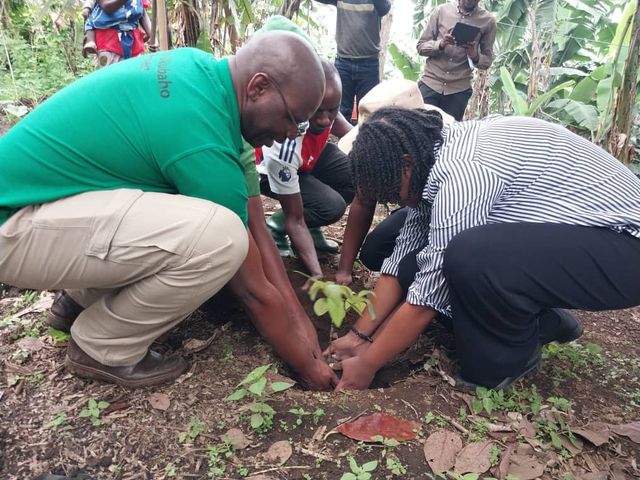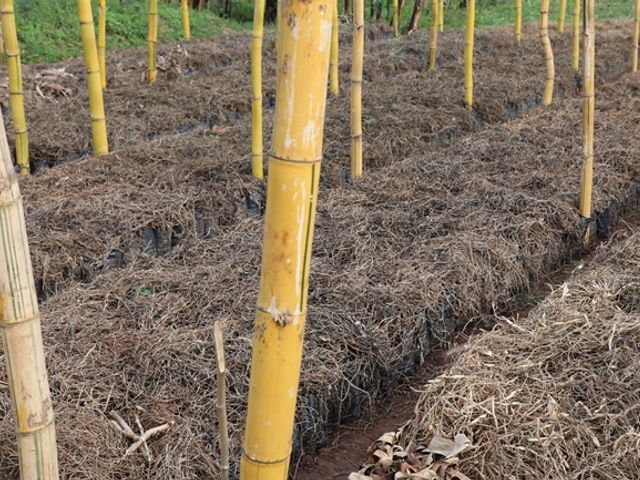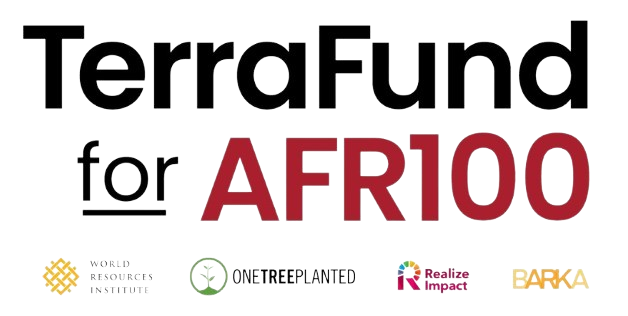With the support from TerraFund, RWARRI is implementing a project named “Empowering Rutsiro and Rubavu Communities through Lake Kivu catchment Forest Restoration – IGITI NI UKUBAHO Project”, aiming to restore 214,200 forest and agroforestry trees around farmlands, riverside, and anti–erosive structure. It will be implemented within the catchment of Rubavu and Rutsiro districts. Rubavu district comprises the sectors of Rubavu, Rugerero, Gisenyi and Nyamyumba, whereas Rutsiro district involves the sectors of Kivumu, Mushonyi and Kigeyo.
Background
Rwanda Rural Rehabilitation Initiative (RWARRI) is a Non-Governmental Organization dedicated to promoting and improving the social and economic welfare of rural communities in Rwanda. This is done by implementing different social-economic development-oriented projects for Rwandan communities.
Project aim
The project aims to involve people in reversing degradation and creating public benefits through improved incomes and resilience from the sustainable use of landscape resources. The project envisions that the restoration efforts create corridors for wildlife movement, help facilitate the recovery of endangered species, and improve overall biodiversity within the Kivu Basin.
Objectives
The overarching objective of this project is to revitalize and rejuvenate the forest and ecological balance in the catchment of Rubavu and Rutsiro districts that span 336 Hectares. Specifically, the project’s objectives are:
- To restore 214,200 forest and agroforestry trees around farmlands, roads, and anti–erosive structures at the end of the project.
- To plant 85,800 fruit trees at households and schools’ enclosures at the end of the project.
Implementation methodology
Our planting and maintaining trees will be implemented through the community approach. This scheme suggests the empowerment of beneficiaries in technologies and practices so they can implement the project activities themselves, hence benefiting through payment of the money that could go to temporary workers outside the community. Thus, the beneficiaries will benefit not only from the planted trees but also from the paid labour. From our experience, this has helped enhance the project outcome's sustainability and ownership.


